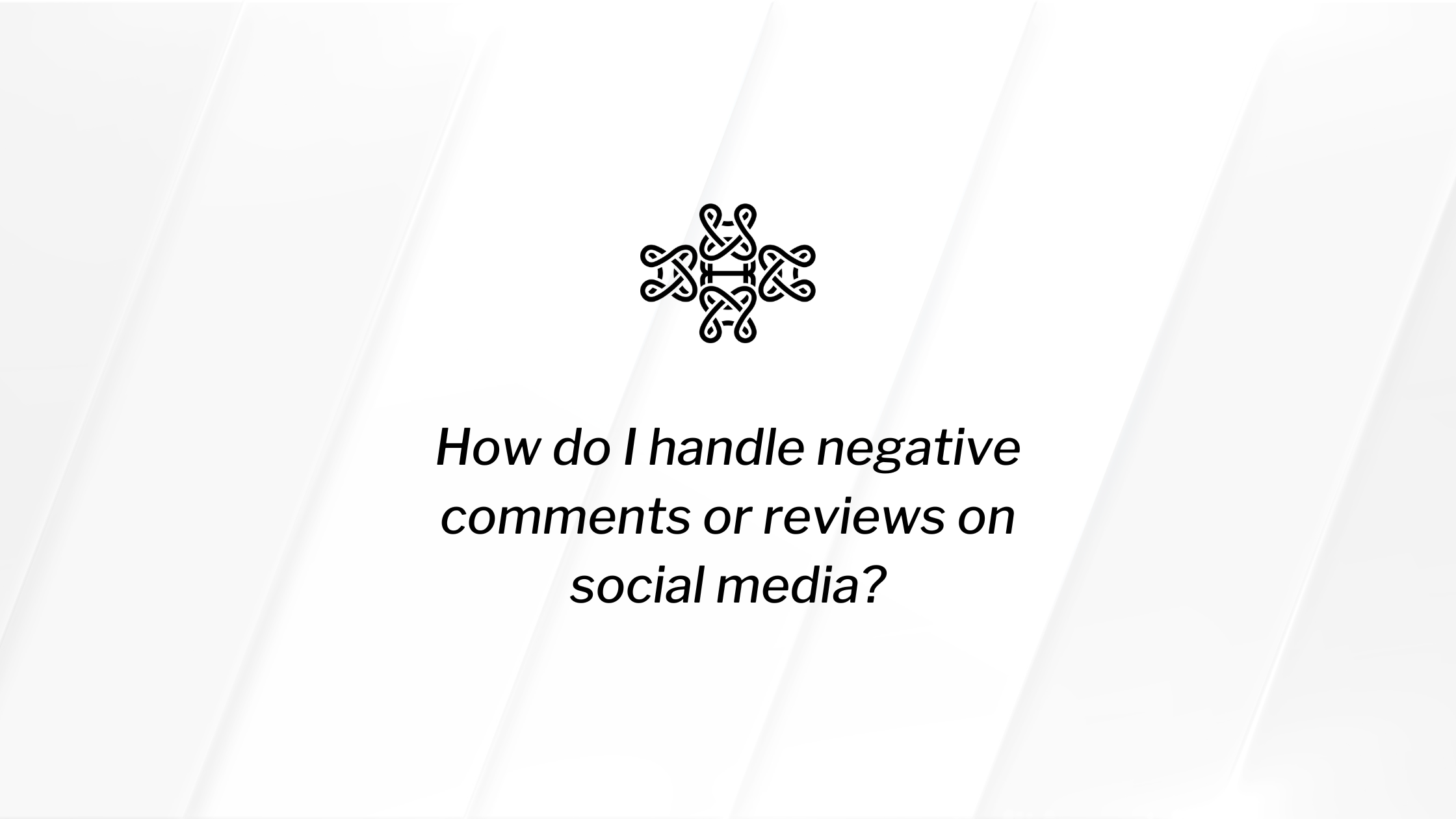Why Is Digital Marketing Important for My Business?
You’ve got a great product, an awesome team, and a passion for what you do. But how do you get the word out in today's fast-paced, screen-obsessed world? Enter digital marketing, your new best friend in the business arena. If you’re wondering why digital marketing is crucial for your business, grab a coffee, sit back, and let’s dive into the reasons.
The Power of Digital Marketing
Digital marketing is not just another buzzword; it’s a fundamental shift in how businesses reach and engage with their audience. It leverages the internet and digital channels to promote products and services, offering a dynamic and interactive approach to marketing.
Key Benefits of Digital Marketing
Wider Reach: The internet knows no boundaries, allowing you to reach a global audience with just a few clicks.
Cost-Effective: Digital marketing offers various affordable options, making it accessible even for small businesses.
Measurable Results: Track every click, impression, and conversion with advanced analytics tools.
Targeted Advertising: Pinpoint your audience based on demographics, interests, and behaviors.
Flexibility and Adaptability: Easily adjust your campaigns in real-time to optimize performance.
How Digital Marketing Helps Your Business
1. Expanding Your Reach
Gone are the days when you were limited to local advertising. With digital marketing, your potential customer base spans the globe. Whether you’re a local bakery or an e-commerce giant, digital marketing strategies like SEO, PPC, and social media marketing can put your brand in front of millions.
Examples:
SEO (Search Engine Optimization): Optimizing your website for search engines helps you appear in front of people searching for your products or services.
Social Media Marketing: Platforms like Facebook, Instagram, and LinkedIn allow you to engage with users worldwide, building a loyal customer base.
2. Cost-Effective Marketing
Traditional marketing methods can be expensive, often requiring significant upfront investment. Digital marketing, on the other hand, offers cost-effective solutions. From social media ads to email campaigns, you can start small and scale up as you see results.
Examples:
PPC (Pay-Per-Click): With PPC, you only pay when someone clicks on your ad, making it a budget-friendly option.
Email Marketing: Sending targeted emails to your audience is a low-cost way to nurture leads and encourage repeat business.
3. Measurable Results
One of the standout features of digital marketing is its measurability. You can track the performance of your campaigns in real-time and make data-driven decisions. This level of insight allows you to understand what works and what doesn’t, ensuring you get the most out of your marketing budget.
Examples:
Google Analytics: Provides detailed data on website traffic, user behavior, and conversion rates.
Social Media Insights: Platforms like Facebook and Instagram offer analytics tools to measure engagement and ad performance.
4. Targeted Advertising
Digital marketing lets you zero in on your ideal customers. Whether it’s by age, location, interests, or online behavior, you can tailor your marketing efforts to those most likely to be interested in your products or services.
Examples:
Facebook Ads: Allows you to create highly targeted ads based on user demographics, interests, and behaviors.
Retargeting: Shows ads to people who have already visited your website, increasing the chances of conversion.
5. Flexibility and Adaptability
In the fast-changing digital landscape, flexibility is key. Digital marketing campaigns can be adjusted on the fly, allowing you to respond to market trends, customer feedback, and performance data quickly. This adaptability ensures your marketing efforts remain effective and relevant.
Examples:
A/B Testing: Running two versions of an ad or landing page to see which performs better and making adjustments accordingly.
Real-Time Adjustments: Changing ad copy, targeting, or budget allocation based on real-time data.
Real-World Success Stories
Example 1: Dollar Shave Club
Dollar Shave Club revolutionized the shaving industry with its viral video campaign, reaching millions of people on social media and establishing a strong brand presence online. Their use of humor, coupled with targeted advertising, propelled them to success.
Example 2: Airbnb
Airbnb leverages SEO and content marketing to attract travelers and hosts from around the world. Their blog and user-generated content provide valuable information and build trust, driving organic traffic and conversions.
Integrating Digital Marketing into Your Business Strategy
So, how do you get started with digital marketing? Here’s a simple roadmap to guide you:
1. Define Your Goals
What do you want to achieve with digital marketing? Increased brand awareness, higher website traffic, lead generation, or sales growth? Clear goals will help you design effective campaigns.
2. Understand Your Audience
Who are your ideal customers? Understanding their needs, preferences, and online behavior is crucial for creating targeted and relevant marketing messages.
3. Choose the Right Channels
Not all digital channels are created equal. Select the ones that best align with your goals and audience. For instance, if you’re targeting young adults, Instagram and TikTok might be your go-to platforms.
4. Create Engaging Content
Content is king in the digital world. Develop high-quality, valuable content that resonates with your audience and encourages them to take action.
5. Measure and Optimize
Use analytics tools to track your campaign performance and make data-driven adjustments. Continuous optimization is key to maximizing your ROI.
Conclusion
In today’s digital age, marketing your business without a robust digital strategy is like throwing a party and forgetting to send out invitations. Digital marketing is not just important; it’s essential. It allows you to reach a global audience, engage with your customers, and achieve measurable results—all without breaking the bank.
By embracing digital marketing, you’re not just keeping up with the competition; you’re setting the stage for future growth and success. So, get ready to dive into the digital world and watch your business soar!










User experience (UX) is a crucial aspect of web design and digital interaction that can significantly impact the success of your business. A well-crafted UX can lead to higher user satisfaction, increased engagement, and improved conversion rates. But what exactly is UX, and why is it so important? Let’s explore the fundamentals of user experience and understand its significance in the digital landscape.